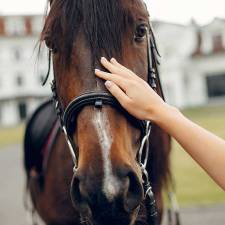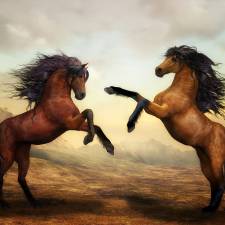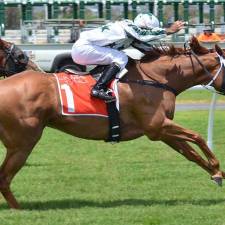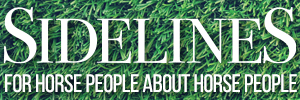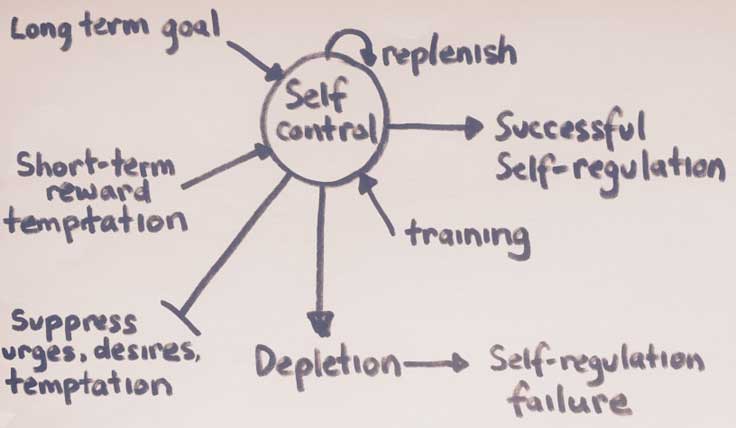
Competition, available for many sports, whether on running tracks, football fields, or in classrooms and boardrooms, has always been more than a battle for victory. It is a reflection of human behaviour, showing how people and teams respond to pressure, structure, freedom, and limits.
At its center, competition is not just about who runs faster, scores more, or thinks smarter. It is also about how one manages the control of the body, mind, environment, and even of the unpredictable outcomes that define contests. Control, in this sense, is not rigid dominance but a balance between discipline and adaptability.
Control of the Self
The most immediate aspect of control in competition lies within the self. When the starting pistol fires, what separates the great from the good is not just speed. It is the ability to stay composed under pressure.
The same holds on the racetrack. Of course, Thoroughbreds may train tirelessly on gallops, perfecting stride and pace under controlled conditions. Yet once the gates fly open on race day, the roar of the crowd, the jostling of rivals, and the pressure of the moment can unsettle even the most prepared horse. Here, discipline and the jockey’s ability to steady their mount become the invisible skills to remain focused amid chaos and maintain rhythm when every second counts.
Control of the self is not about denying emotions but channeling them. Anger can fuel determination, fear can sharpen reflexes, and joy can boost confidence if managed wisely. The athlete who loses control of emotions usually loses the match, and the one who transforms them into energy usually writes history.
Control Through Discipline
Trainers are aware that missing a single gallop may not set a horse back, but a pattern of inconsistency in workouts will show up in lost strides on race day. Also, trainers and jockeys understand that raw speed can occasionally win, but consistent conditioning, careful feeding, and proper rest build a champion’s career.
Discipline in horse racing is control turned into routine. It is the unseen cycles of training, stable care, and patient repetition that allow a horse to unleash its peak performance when the gates swing open. As trainers often say, “Races are won in the mornings,” because in those quiet, repetitive sessions, control and rhythm are steadily built.
The Balance of Control & Freedom
Interestingly, competition also teaches that too much control can backfire. Horses, like athletes, can mess up when over-managed. A mount held too tightly by the reins often loses fluidity, running stiff and restrained instead of stretching out with natural rhythm. A jockey who becomes obsessed with “not making a mistake” may ride too cautiously, holding back speed at the wrong time.

On the contrary, when a horse finds its stride and the rider senses the rhythm, both seem to glide as if instinct and training have merged. Letting go at the right moment by allowing the horse to run freely becomes just as important as the discipline instilled through months of conditioning. The interesting thing about control in racing is that mastery happens when discipline transforms into instinct, creating freedom rather than rigidity.
This balance is visible in every contest. Trainers can design the programme, set the pace in workouts, and plan the race strategy. However, once the gates fly open, jockey and horse must feel the flow, respond to rivals, and sometimes abandon the script. True control on the racetrack is therefore unique, shifting effortlessly between structure and spontaneity.
External Control
No matter how carefully a horse is conditioned, racing carries elements beyond anyone’s control. They vary from track conditions to rival tactics, gate breaks, weather, or even the draw of a difficult post position. These external forces test the horse’s ability to respond and the jockey’s capacity to adapt.
Sometimes a sudden downpour makes the turf heavy, a rival horse presses the pace too hard, or a break from the gate goes poorly. In such cases, riders and trainers face a choice: to either dwell on the uncontrollable or adjust quickly and concentrate on the factors they can influence, like timing the move, conserving energy, and seizing the right opening. This resilience is perhaps one of the deepest lessons horse racing offers, echoing life itself. It teaches us that success does not usually depend on controlling every circumstance but on mastering one’s response to them.
The Psychological Aspect of Control
Beyond physical exertion, competition shines a spotlight on the mind. In horse racing, mental toughness applies to both jockey and horse. It means staying calm despite a poor break, a fierce rival, or shifting track conditions.
Control of the mind is central. Without it, strength falters. Just as a powerful horse needs steady hands, a strong body without focus is like speed with no direction.
Control in Team Dynamism
Competition also reveals how control works within partnerships. In racing, success is not just about a horse’s speed. It also encompasses the seamless communication between jockey and mount.
Trust, timing, and coordination often outweigh raw power. Many trainers and owners face the challenge of balance. Being that too much interference stifles instinct, while too little structure risks disorder. Effective leaders share control, guiding without constraining.
When Control Slips
Competition is instructive when control slips. A horse may bolt from the gate too early after weeks of careful training, or a jockey mistimes a closing run and loses by a nose. These moments sting, but they also bring clarity. They show the fine line between rhythm and recklessness, composure and collapse. However, the lesson lies not in the loss itself but in the reflection afterward.
Control Beyond the Arena
The reasons lessons from competition resonate behind sports are simple. Life itself is competitive. From job interviews to tryouts and academic exams, we constantly face situations that reflect the uniqueness of tracks and fields.
Yet the same principles apply. Self-control helps manage emotions in stressful conversations. Discipline sustains progress in long-term projects. Balance of control and freedom breeds creativity. Adaptability ensures resilience in uncertain environments. Shared control strengthens collaboration in teams.
With these, competition becomes a metaphorical classroom. One that teaches us that control is not about domination but about harmony. Harmony between discipline and spontaneity, self and environment, leaders and groups.
Grasp the True Insight of Control
Competition teaches us that control is less about conquering others. It is more about guiding yourself wisely when uncertain. Control, then, is not the opposite of freedom. It is the art of directing it. In life, as in sports, victory usually belongs to the one who understands when to hold firm, let go, and adapt rather than who dominates most aggressively. Perhaps, this is the greatest lesson competition leaves with us all, long after the medals are handed out and the crowds go home.
Read the review from Gambling Insider GGBet to enter UK market.
There are more interesting articles in our section on Racing & Wagering.










